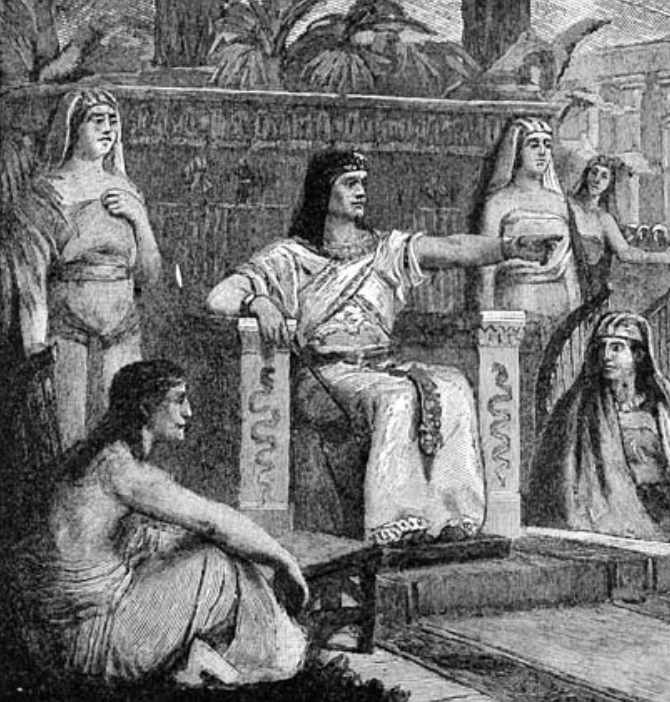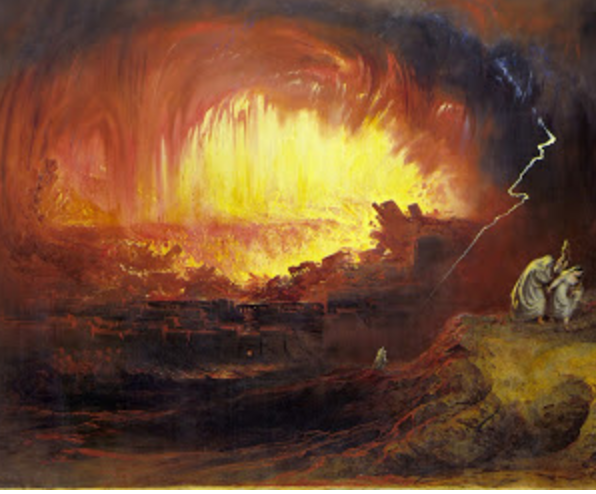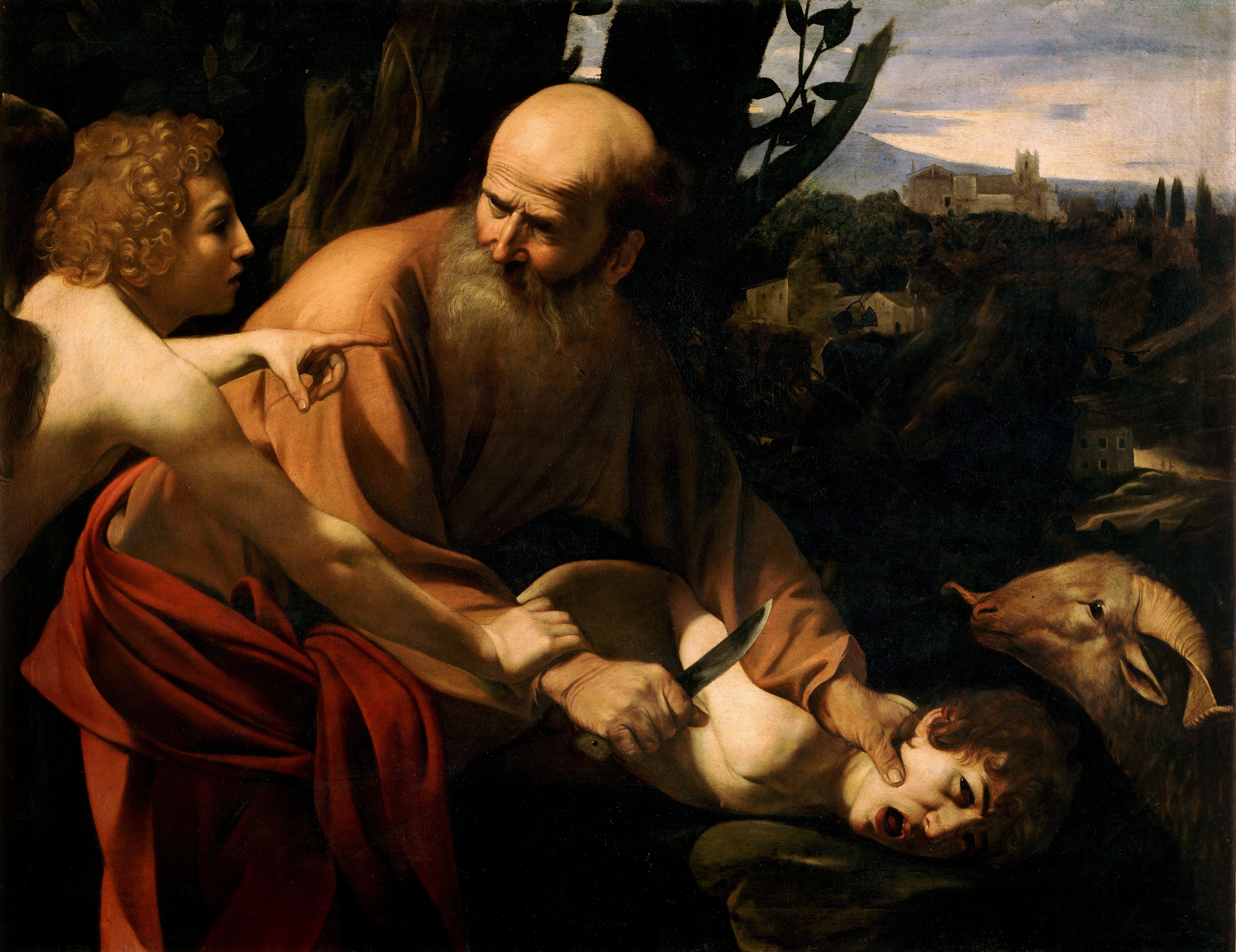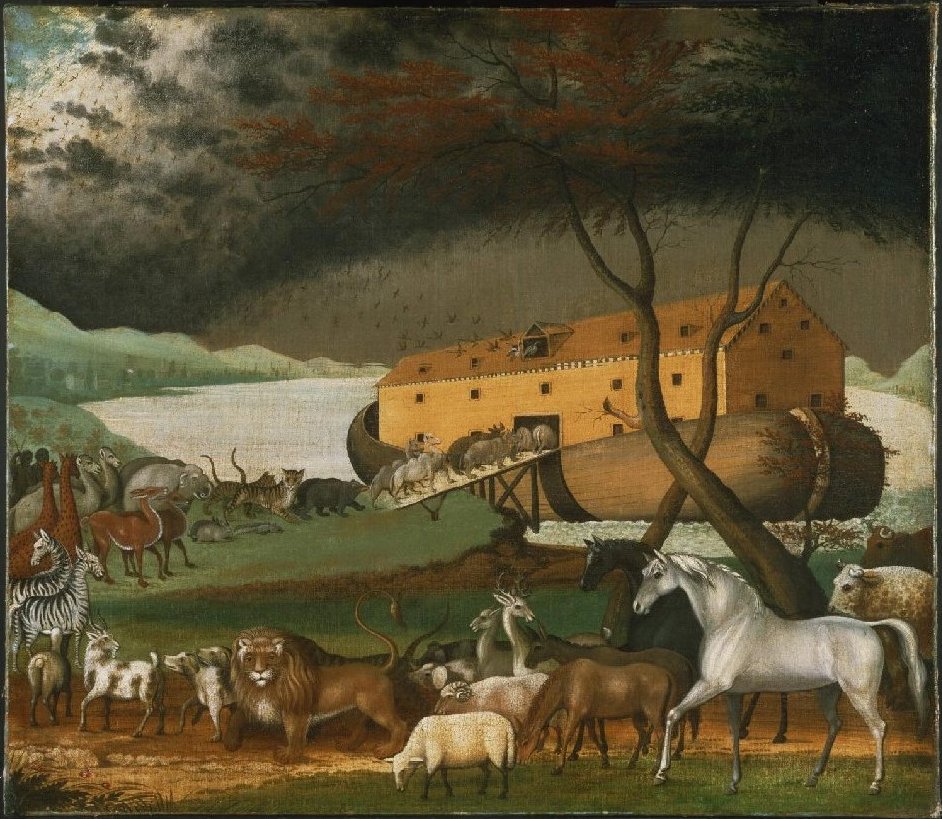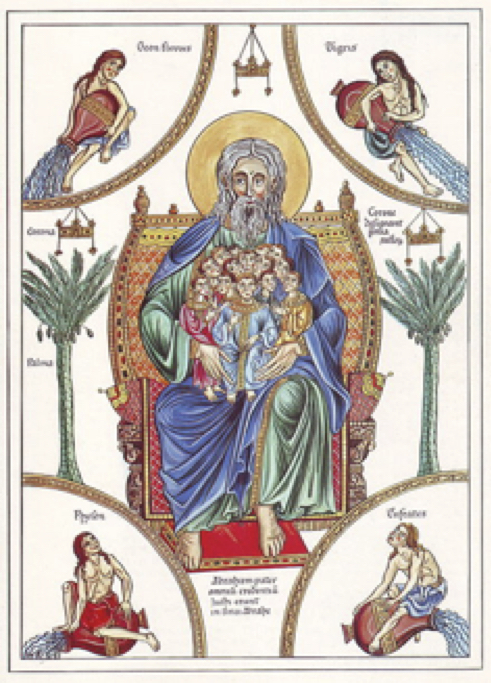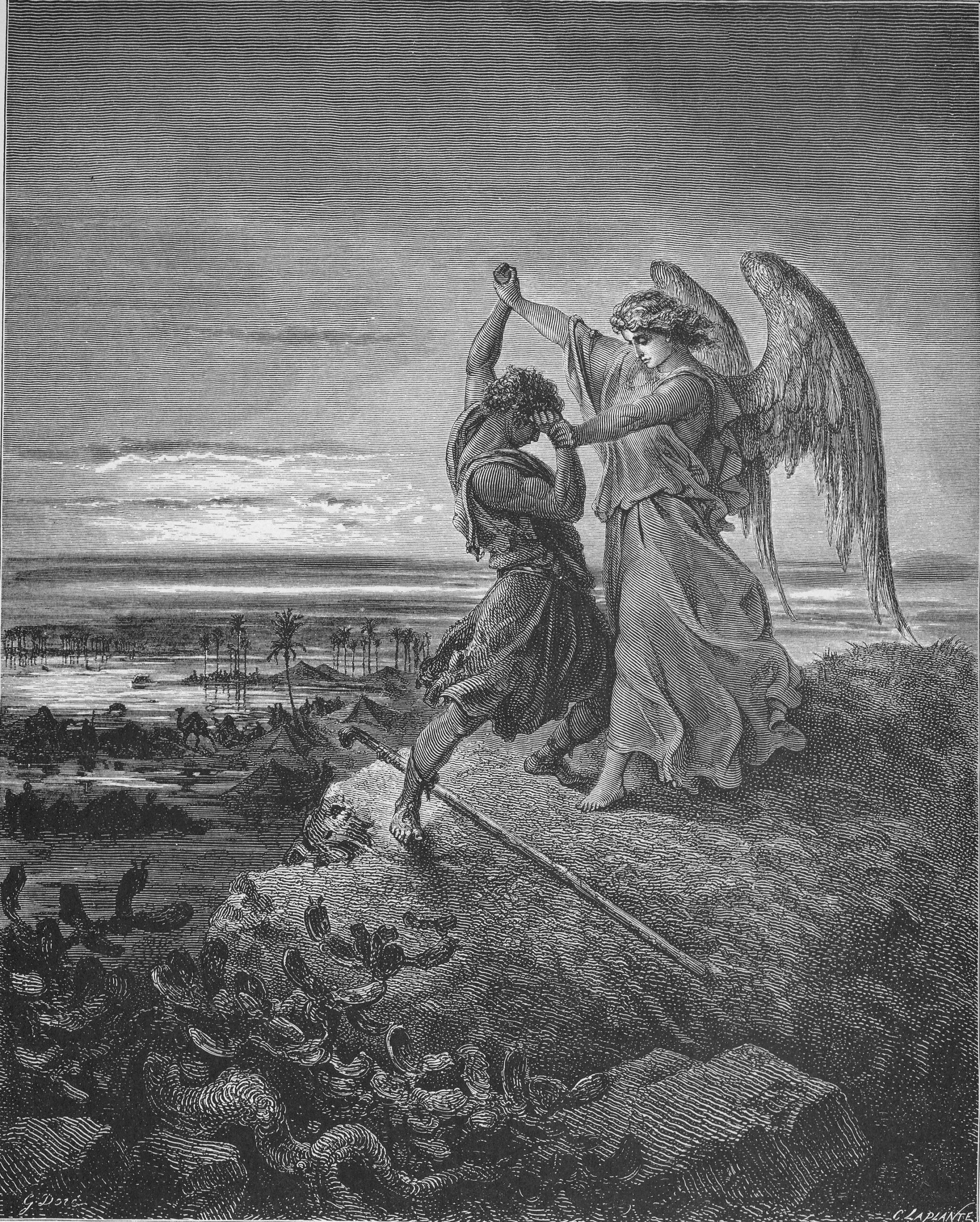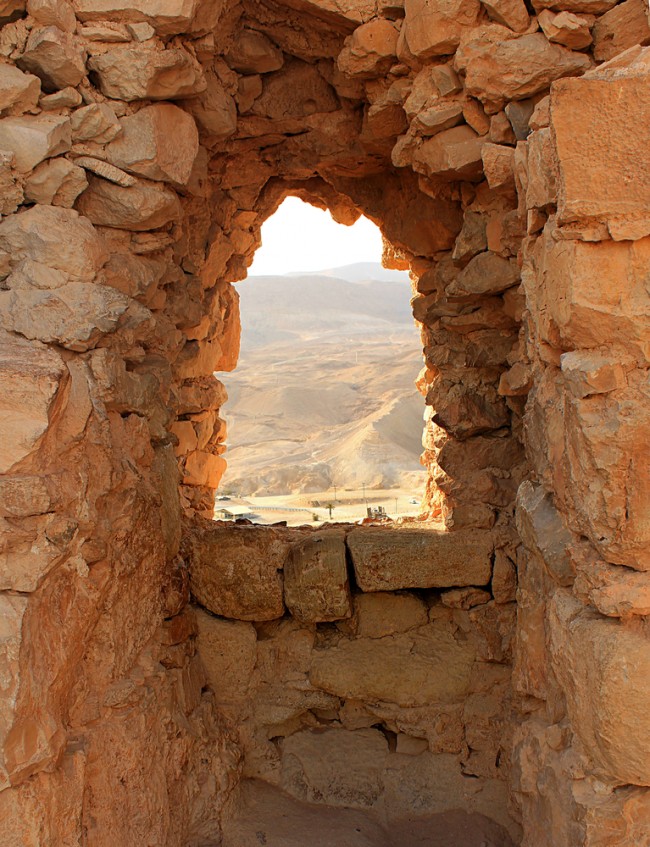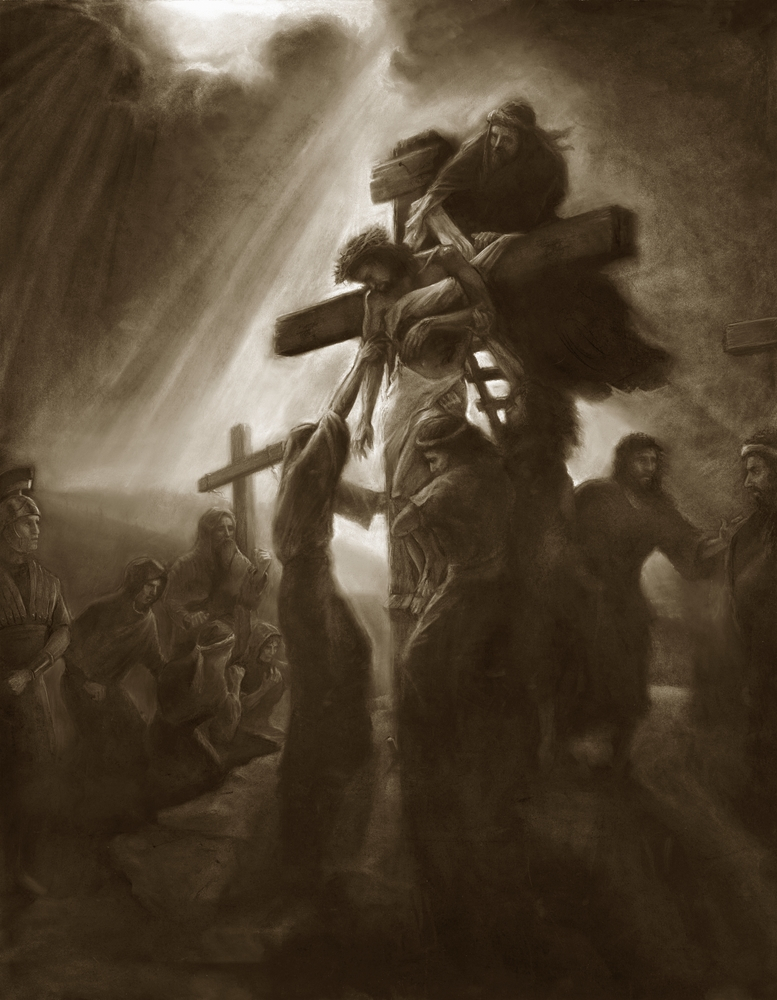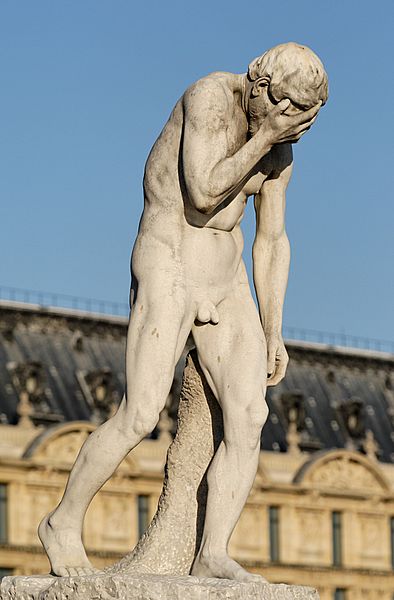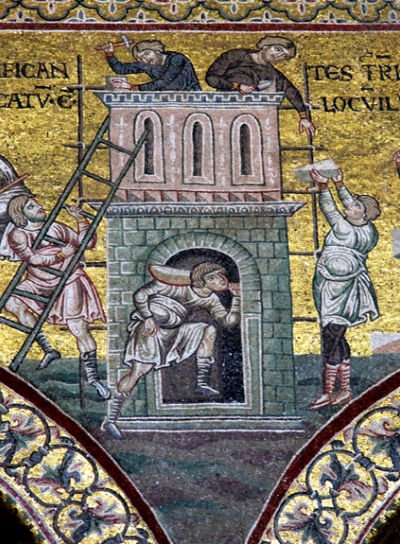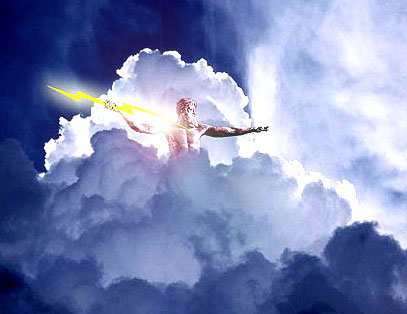I pray, and look to scripture, and consider our role as people on an ever-changing planet as residents in and stewards of creation.
In John 8, Jesus observes that when you know the truth, "the truth will make you free." In the Bible, truth-telling is an important matter. Indeed, the commandment truth of the ninth commandment spells this out for us: "You shall not bear false witness against your neighbor".
What has always “tainted” mankind and kept people from living ethical, inclusive, and caring lives? The answer is what drives our contemporary enormous cultural divide: Bad choices often rooted in tribal-based anger and hatred.
Restoration of a Vision from the Christian Faith Tradition
What might constitute an adequate improvement to the world order? This commentary constitutes an exploration of this pesky, perennial question about "a better world" from the vantage point of one faith tradition, and in contemporary context. Its intention is not to offer novelty or any new revelatory insight, but rather to remember and restore a perspective that lies at the heart of a biblical gospel tradition; based on the teachings of a pre-Easter human Jesus.
I have recently read speculation that Isaac was the son of Pharaoh Thutmose (or Tuthmosis) III. If he wasn’t Abraham’s son, that might explain why Abraham was willing to sacrifice him. That’s always bother me. I know we’re supposed to obey God, but not if he tells me to kill my son. How could Abraham even consider something so hideous? No father should obey a voice, even if it was supposedly God, telling him to offer his son as a sacrifice. A father or stepfather would have to be suffering from dementia to consider an order that goes against every human instinct.
Traditionally, religions offer a God who is omnipotent, all-powerful, almighty, the cosmic sovereign in control of everything. He/she/it is also said to be all-knowing, omniscient, so he knows not only what he is doing but what everybody and everything else is going to do, and will do, from beginning to end. This is brave belief of what God is. But is this the sort of God we observe today?
We've been robbed of the power of the story of Sodom. It should be a strong companion to Matthew 25:31-46, which also gives dire warnings for those who do not serve Jesus by feeding the hungry, welcoming the stranger and the other Works of Mercy. It's a path that ends in destruction.
We’ve all heard the expression, “the God of Abraham, Isaac and Jacob,” but the information about Isaac in Genesis certainly places him in a subordinate position to his father, Abraham, and his son, Jacob. The first mention of Isaac was when God told Sarah that she would give birth to a son and that she should name him Isaac (which means “he laughs,” a reference to Abraham laughing when God promised him a son). Abraham, who was one hundred years old when Isaac was born, followed God’s command and named his son Isaac.
Genesis 10:5 claims the land was divided according to tongues, but Genesis 11:1 insists that everyone on earth spoke the same language. If we believe the biblical account of the flood, then everyone was dead except Noah, his wife, their sons and their sons’ wives. Therefore, everyone was a descendant of this one family. If that is true, of course, everyone spoke the same language. If you do not accept the flood story as literal, then there were more likely multiple languages prior to the building of the Tower of Babel.
The Genesis account of the flood was written by two Israelites (the Priestly account and the non-Priestly version) who were trying to tell a story that would help their fellow Jews better understand their place in the world. If a myth about a flood covering the earth and killing everyone and everything except for one man and his family and a select number of animals accomplished that goal, then it may be worthy. But the vengeful God who decided he had made a mistake so he wanted to start over is not my idea of God. A God who would destroy the world and its inhabitants – except for one “righteous” man and his family (who may not have been righteous) and a handful of animal species – is not worthy of worship.
The first sixteen verses of the fourth chapter of Genesis is the story of Cain and Abel. The rest of the chapter is genealogy. Let’s examine the Genesis story and then see if we can ascertain why it was included in the Bible.
Yes, God uses imperfect people. As 1 Peter 4:10 says, we should serve with whatever gift we have received.
I am abundantly aware that God can do remarkable things with less than perfect people. Noah supposedly had “blameless behavior,” but after the flood, he got drunk on the wine he produced and, although he may not have been aware due to his drunken stupor, may have had sexual relations with one of his sons. Later in Hebrew Scriptures, we meet other imperfect people who were used by God: Moses had a stuttering problem, Gideon was afraid, Samson was a womanizer, Rahab was a prostitute, David was an adulterer and murderer, Elijah was suicidal, and Abram.
Genesis opens the Hebrew Bible with two conflicting and irreconcilable creation stories. Obviously neither of these creation myths reported actual events. Even so, there are people who believe that the universe was created exactly as described there simply because this is what the Bible says, so it is fact. Those people despise the Darwinian evolution theory, so they stubbornly grasp for an alternative and end up with literalism or Creationism that demands unquestioning acceptance.
A Series exploring the Shared Abrahamic roots of Three Faith Traditions, Part I: Jewish Roots
A Presbyterian politician who wants to be the leader of the free world claims to have written a great book; second only to the Bible. He has promised to “protect Christianity,” and ban all Muslims outside the United States from entering. It remains unclear if he expects all radical Jihadists to self-profess at the border; instead of -- say -- swearing to be as Presbyterian as he is. Beneath the superficiality of such political idiocy, an appreciative consideration of the shared Abrahamic roots of three great faith traditions might be helpful in finding ways to reconcile the false divisions that the most strident voices of ignorance seem to propagate. This is the first in a series of commentaries that attempt in some small way to make such a modest attempt. It begins where it all began; with Jewish roots and the mythic Hebrew character of Abraham.
How has the Church understood the concern about ecology and the topic of the environment in these last 50 years? What is the message of the Magisterium about an issue that has become more and more pressing and which, thanks to the Encyclical of Pope Francis, is now becoming an important chapter in the social teaching of the Church?
“LAUDATO SI’, mi’ Signore” – “Praise be to you, my Lord”. In the words of this beautiful canticle, Saint Francis of Assisi reminds us that our common home is like a sister with whom we share our life and a beautiful mother who opens her arms to embrace us. “Praise be to you, my Lord, through our Sister, Mother Earth, who sustains and governs us, and who produces various fruit with colored flowers and herbs”.
A majority of American voters say they support a Supreme Court decision to allow same-sex couples the constitutional right to marry, but the issue remains far from settled among socially conservative religious communities that have repeatedly proclaimed biblical support for human injustice.
The God of Genesis was almost omnipotent. But his extreme potency and his immortal nature prevented him from having the one ability he needed most in order to fully experience and enjoy the companionship of the human beings he had created: vulnerability.
Hebrew Scripture’s View of Life after Death It wasn’t until after the Babylonian Exile that the Pharisees accepted the idea of heaven and
But what our guide told us next has stayed in my memory for the almost twenty years since my visit. With a shrug of his shoulders he explained, “Well, we need a site. An important event—we need to have a site. Do we know exactly where it happened? No. But we must have a site so that we can remember.”
Judas Iscariot, the anti-hero of the story of the crucifixion, has been heaped with scorn and ridicule over the centuries. “Judas” is not used as a child’s name because it became the synonym for betrayal, for being a back-stabber. In Christian art, he is portrayed in dark, sinister tones. Events in western Christian history from the Inquisition in the fourteenth century to the expulsion of the Jews from almost every country of Europe at one time or another, to Martin Luther’s call for the burning of synagogues, to the violence and killing frenzy of the Holocaust in the twentieth century are all rooted substantially in Judas and because he was a Jew, applied to all Jews. Even his name is identical with the name by which the entire Jewish nation was known… Judas is simply a Greek spelling of Judah.
Genesis 4:1-16; Romans 2:1-24, 12:14-21; Mark 3:31-35. U.S. Secretary of State John Kerry has clearly stated that so far as the U.S. government is concerned, crimes against humanity were committed by the president of Syria and his agents....Is there a war?
One of the cool things about an evolutionary understanding of the Kosmos is that we need not rely on myth alone to make
Giving Voice to Intolerance in an Age of Pluralism
The back story to the Tower of Babel myth is that the orignial plans called for anything but babble. But where once humankind may have all spoken the same language with one unifying plan to build a place all could dwell and abide one another, it has long since ever been the case. “We live in a pluri-verse, not a uni-verse,” says Raimon Panikkar. Ours is a pluralistic age in which we have many different and opposing – even sometimes mutually incompatible -- worldviews that threaten planetary human coexistence. In the midst of such chaos and confusion, how can we tolerate each other’s differences? Or, some might ask, should we even try? I consider myself a very tolerant person! The only people I cannot abide are ignorant and intolerant bigots! Does that make me intolerant as well, or merely principled? What would constitute a forbearance of principled intolerance, with a leniency of spirit? Here's John Bennison's latest Commentary from Words and Ways.
Eric Elnes, Senior Pastor of Countryside Community Church (UCC), has begun thinking about what he sees as a "convergence" trajectory for post-evangelical Christians
I believe it’s in the Bible that we find people and a God willing to wrestle with one another. The spirituality of the Bible is more mudwrestling than hang-gliding, from the depiction of a God who wrestles mud into human shapes in Jewish scriptures to the depiction of creation itself groaning in childbirth in Christian scriptures.
2) The Hebrew scriptures, or the Old Testament, represent a religious tradition that is independent of the later Christian faith. The Hebrew scriptures aren't about Jesus, although the Christian scriptures include many references to the Hebrew scriptures. To honor the fundamental differences between the two sets of scriptures doubles the spiritual significance of the entire Bible.
What impudence of these two upstart fishermen to demand anything of God! These two brothers went to Jesus, not so much with a question or a petition or a prayer, but they went with a demand: "we want you to do for us whatever we ask."
If we are honest, this parable of the wedding guests is perplexing and almost beyond understanding. It weaves here and there, turning expectations upside down and just when you think "I've got it!" - no you haven't because it twists again.





